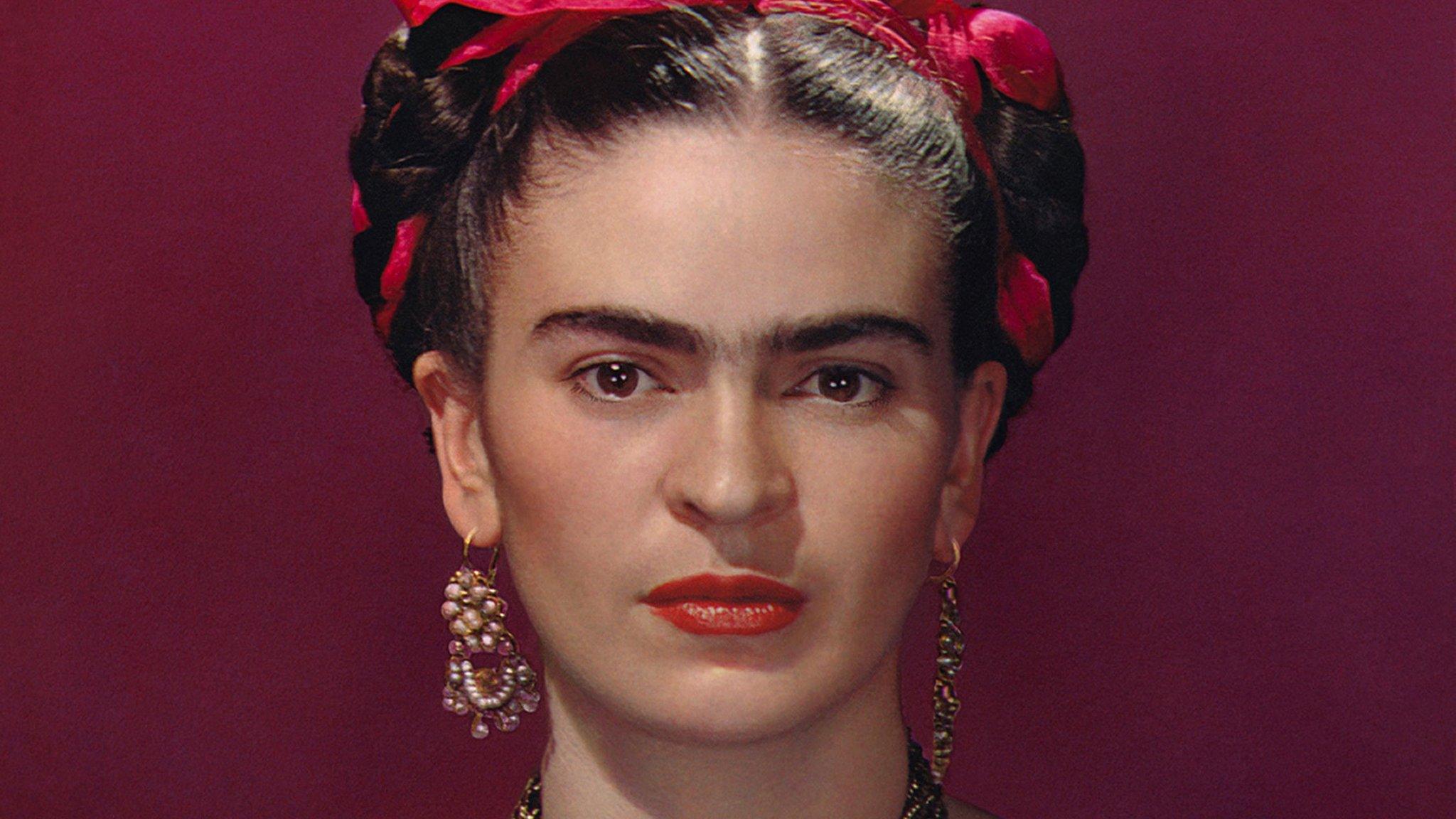Barbie releases first ever Maori doll modelled on New Zealand journalist
- Published
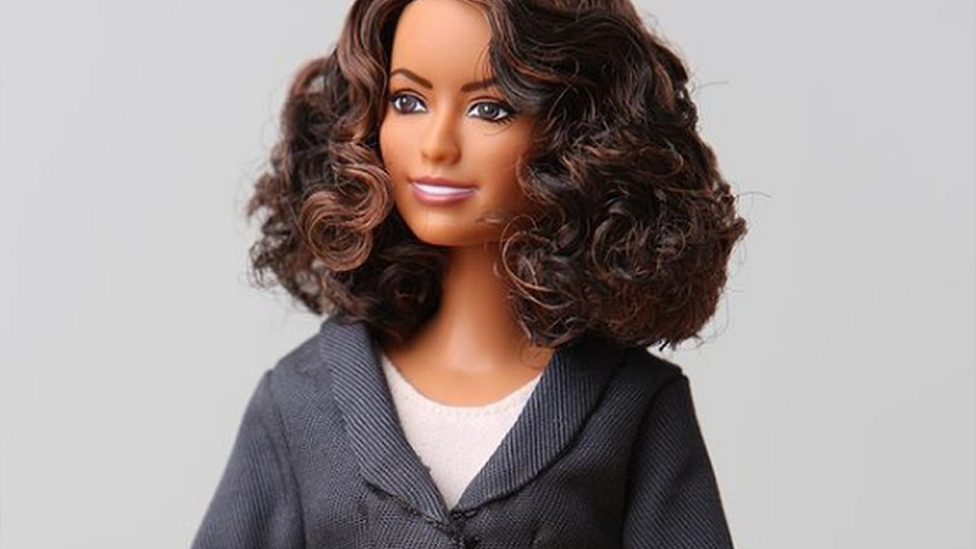
Melodie Robinson was an international rugby union player before becoming a sports journalist
Barbie has released its first ever Maori doll, modelled after New Zealand sports journalist Melodie Robinson.
The doll, which has "curly hair and beautiful brown skin", holds a microphone as part of her job as a journalist.
Ms Robinson is among 20 women that have had Barbie dolls made in their image as part of an International Women's Day campaign.
She is the first New Zealander to have a Barbie doll made in her likeness.
"Seriously cool to be selected to inspire young girls with the first ever New Zealand Barbie - she's Maori and a commentator!" said Ms Robinson in an Instagram post.
Ms Robinson was an international rugby union player who won two rugby world cups with New Zealand's women's team - the Black Ferns. She later went on to become a sports journalist.
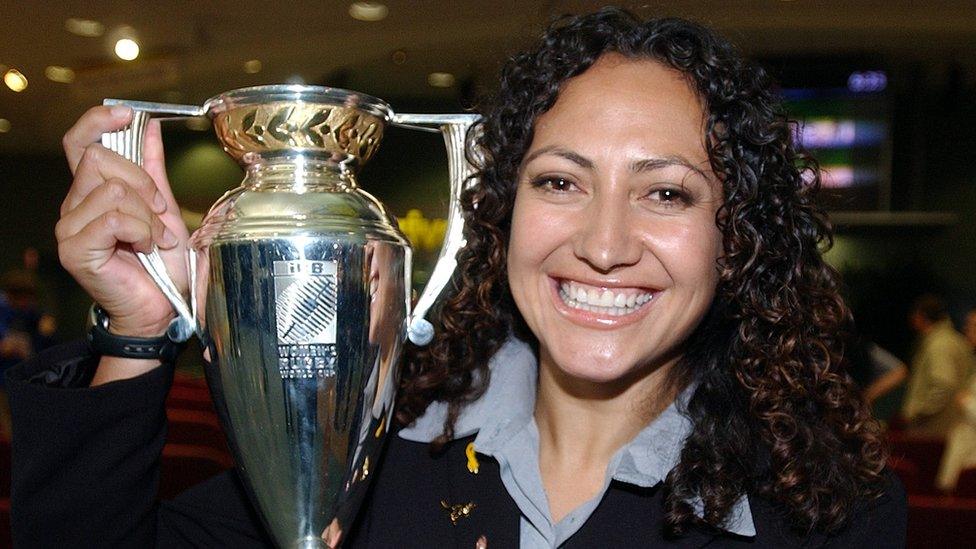
Melodie Robinson has won two rugby world cups
'Little Maori girls will see their future celebrated'
Prue Kapua, the National President of the Maori Women's Welfare League, told the BBC that Barbie's decision to release a Maori doll was a "very positive thing" for its community.
"The fact that there is a Maori Barbie doll will hopefully encourage younger girls to know more about our culture and Maori people," she said.
"[Locally], we have our own dolls that are reflective of Maori women but this is the first in terms of a worldwide brand. It's a very positive thing in terms of awareness."
Puawai Cairns, Head of the Maori Collection at the Museum of New Zealand, echoed her words.
"Anytime a Maori woman is acknowledged for her achievements, whether it's in an ancestral song, a beautiful carving or as a doll, I'm happy, because little Maori girls will see their future being celebrated" she told the BBC.
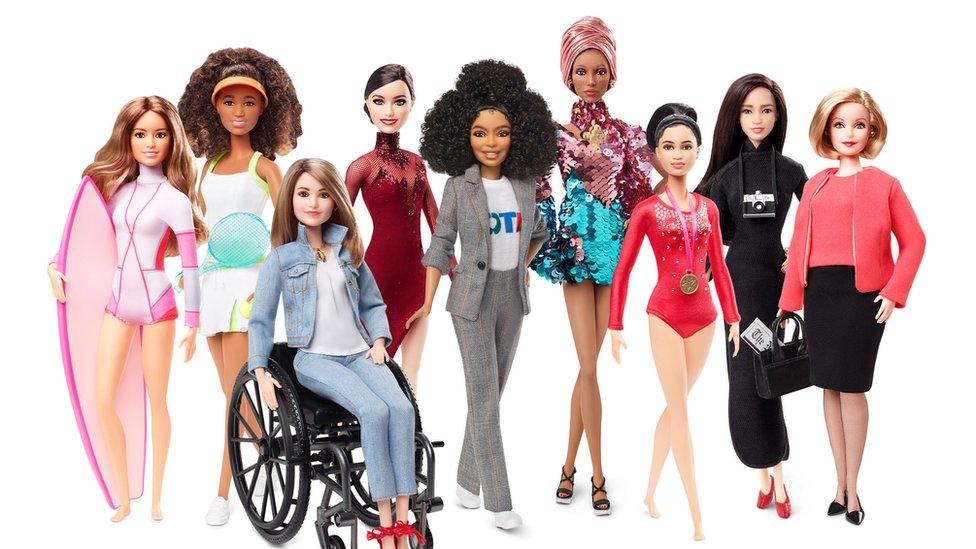
Some of the 2019 Shero dolls released by Mattel
The dolls, that are part of a series on role models, include tennis star Naomi Osaka, actress Yara Shahidi and visual artist Shen Man.
This is not the first time Barbie has released dolls based off successful women.
In 2015, it released a new collection of Barbies called "Sheroes" featuring accomplished women and the line has continued since.
However, the range of toys is not without controversy.
A court in Mexico banned the sale of the Frida Kahlo Barbie doll last year, with some family members saying the manufacturer had used the painter's image without permission. Kahlo's great-niece also questioned the representation of the artist saying the doll's complexion was too light.
One of its previous dolls from its Shero range featuring Olympic boxer Nicola Adams was criticised as being "too skinny", with one social media user saying they "forgot her muscles".
- Published23 May 2018
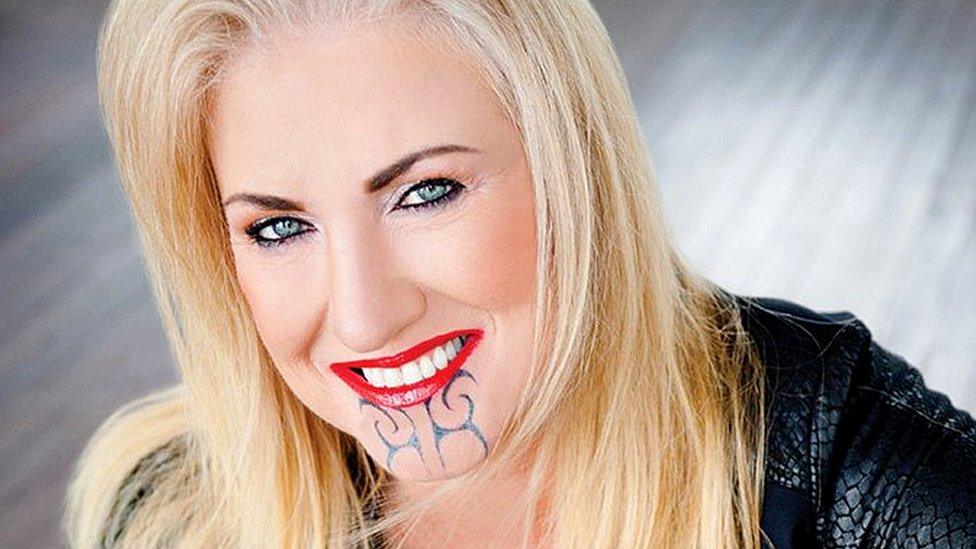
- Published21 September 2012
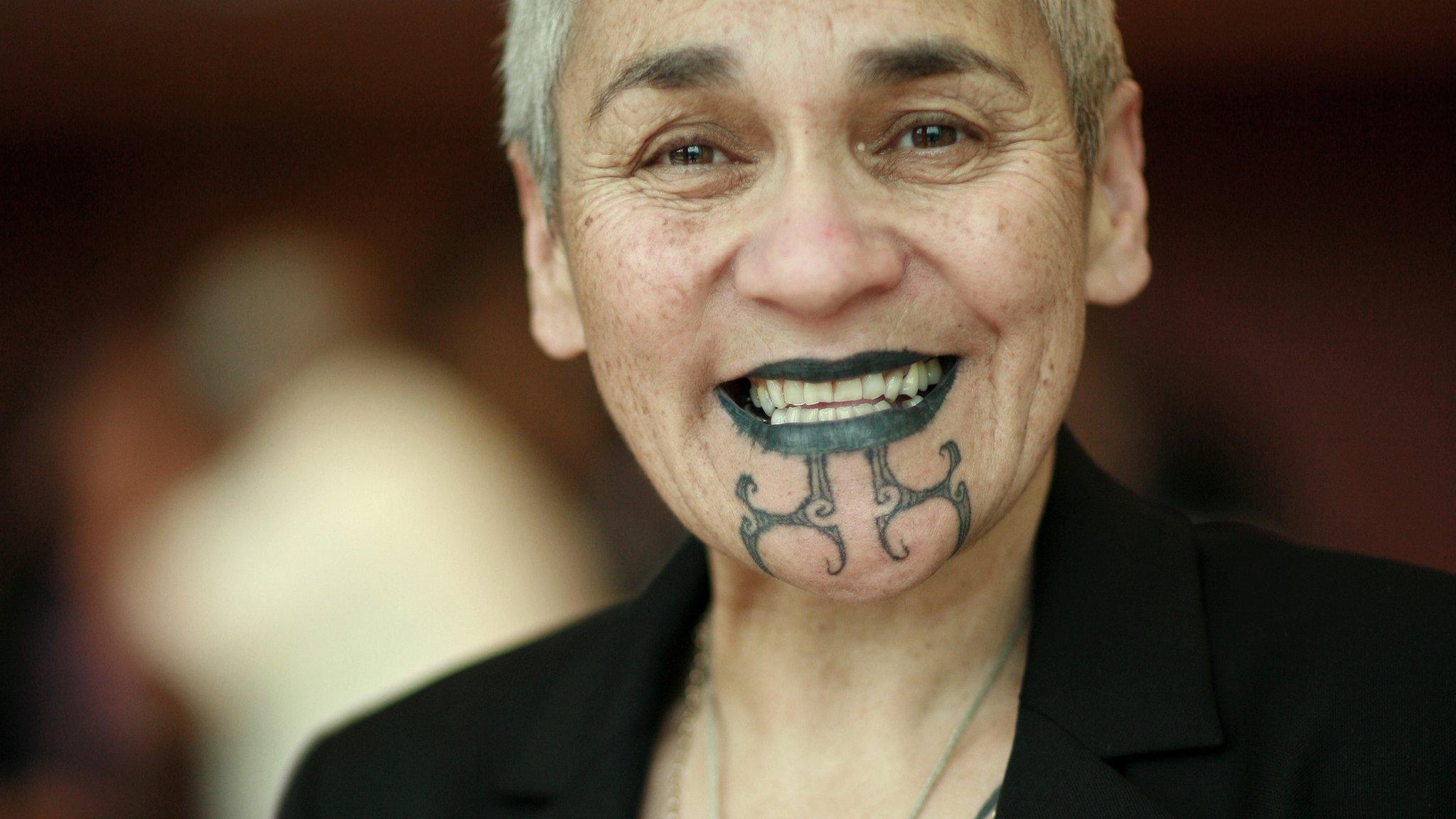
- Published20 April 2018
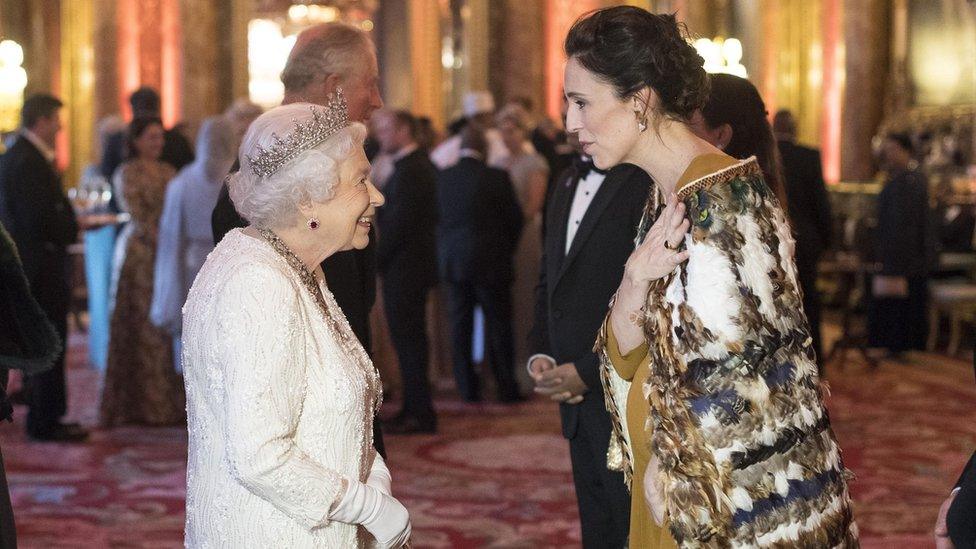
- Published8 March 2018
